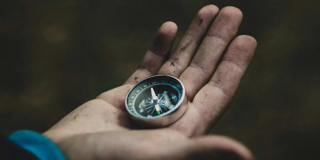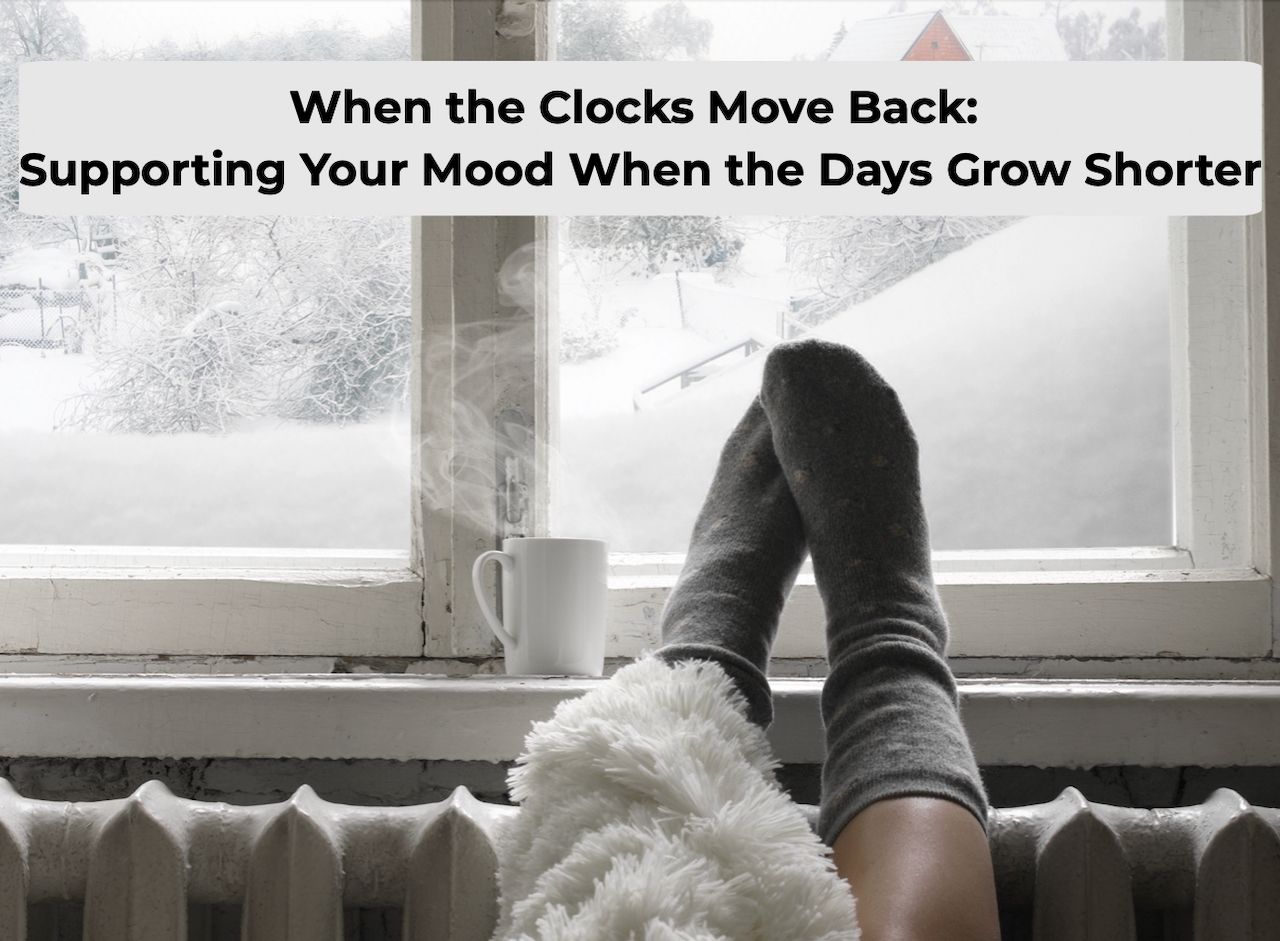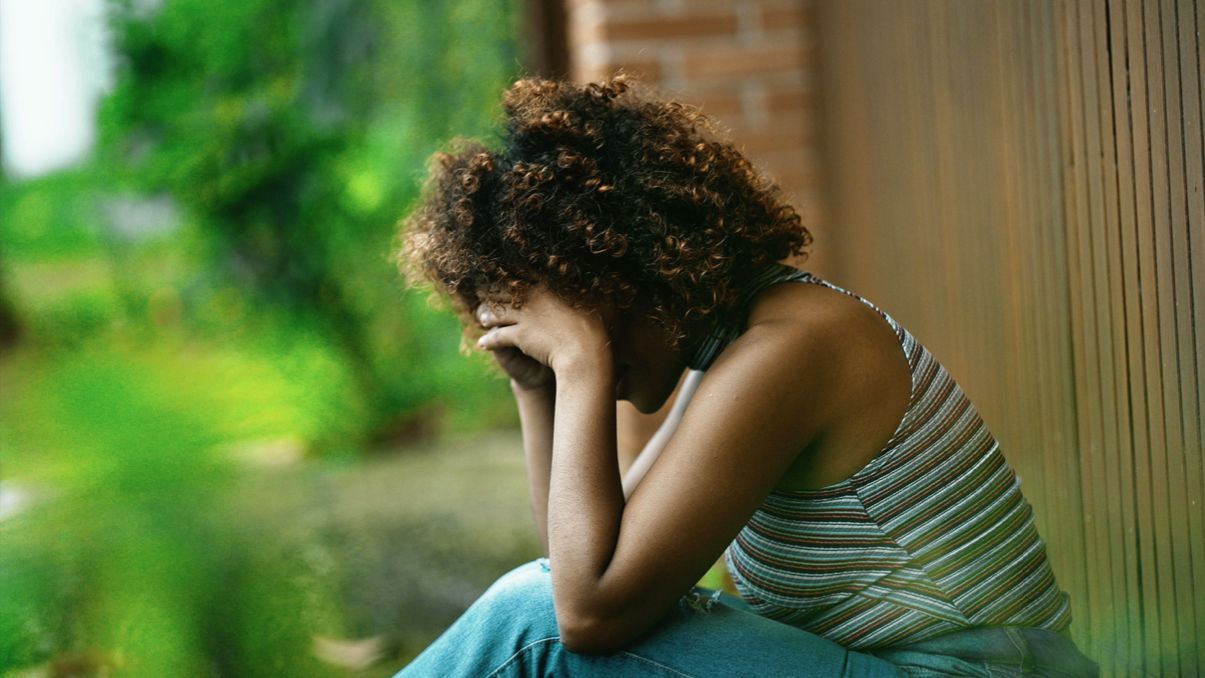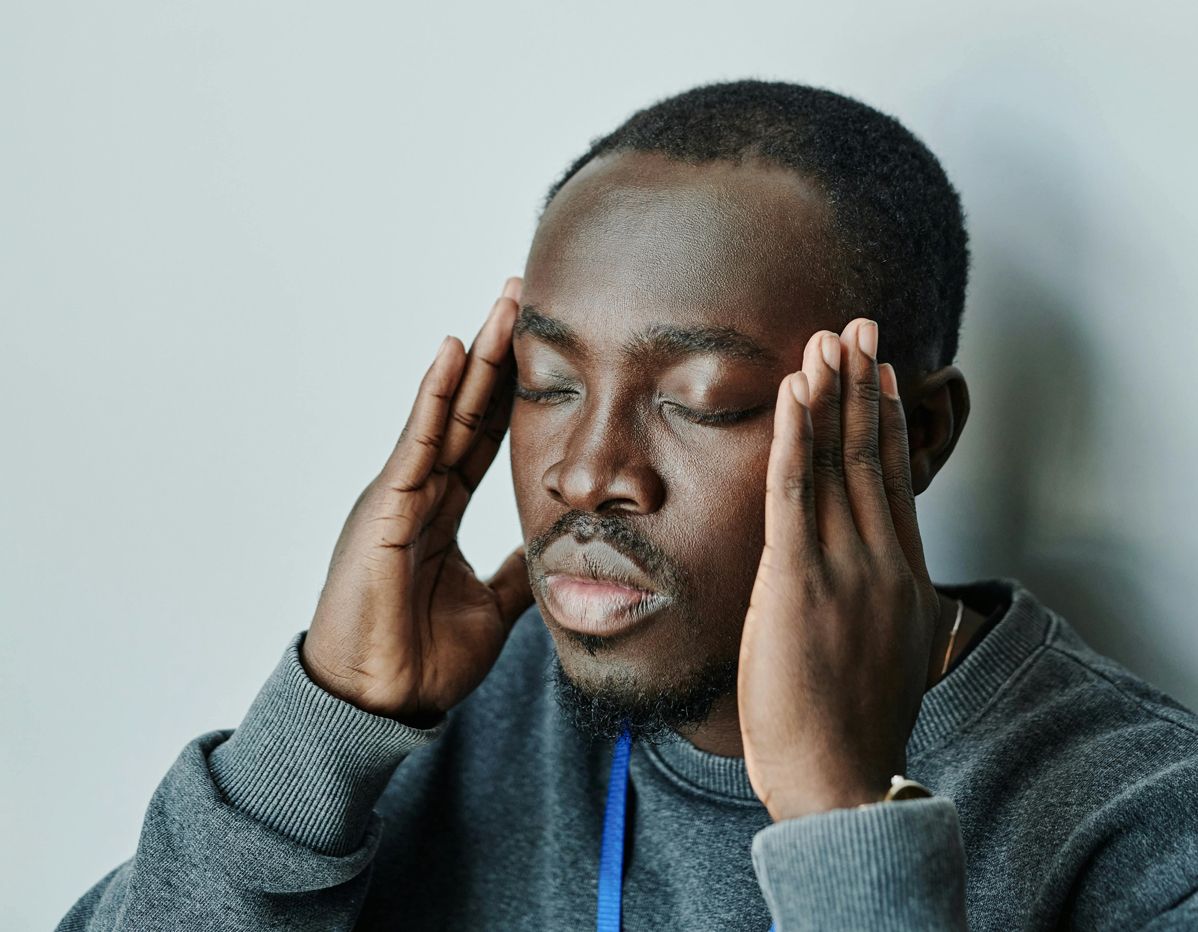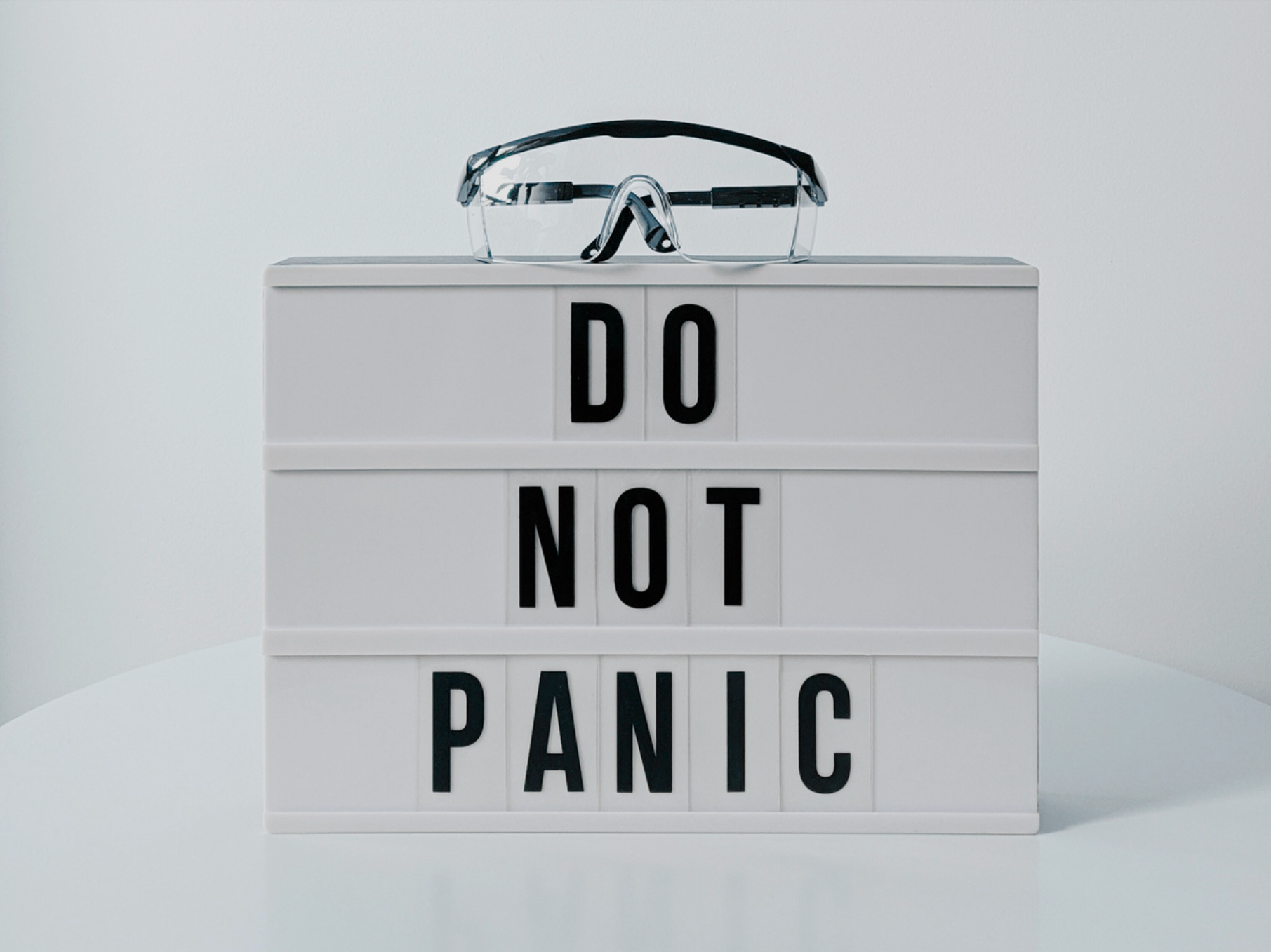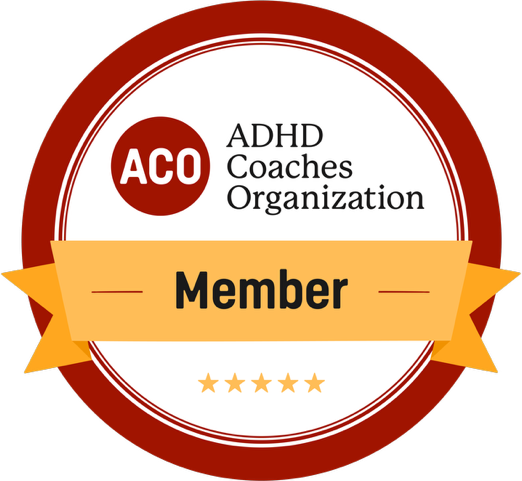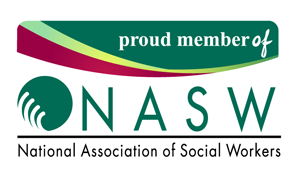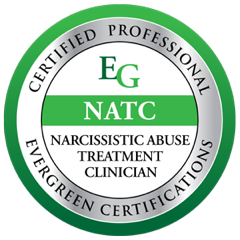How We Choose: Understanding Choice Behavior and Why It Matters
Every day, we make hundreds of choices—most of them small, many of them automatic. What to eat, what to say, what to prioritize, what to ignore. It’s easy to assume our choices are simple reflections of our values or preferences. But in reality, choice behavior is shaped by something deeper: our emotional state, our environment, our sense of time, and even the systems we live in.
If you’ve ever asked yourself, Why did I do that when I knew better?—this post is for you.
Let’s talk about what drives our choices, how we can start to make decisions that reflect our whole selves (not just our stressed-out or short-term selves), and why this matters not just individually—but culturally, too.
What Is Choice Behavior, Really?
In psychology, choice behavior refers to the process of evaluating and selecting between options. It’s influenced by internal factors (like emotion, executive function, or past experiences) and external ones (like peer pressure, cultural norms, or urgency).
But it’s also about which self is choosing.
Is it your present self—exhausted, overwhelmed, craving relief?
Or your future self—the one with long-term vision, values, and goals?
For people with ADHD, anxiety, or executive function challenges, the present self often wins. Not because of laziness or impulsivity, but because time feels distorted. The future can feel far away, abstract, or disconnected. In fact, psychologists call this
self-continuity—and learning to strengthen it can help us make choices that align with our values. And in moments of emotional overload, short-term relief becomes the only thing that feels real.
The Cognitive Biases Behind "Bad" Choices
Let’s normalize something: most of us make short-sighted decisions from time to time. Not because we don’t care, but because:
- The brain wants quick relief from discomfort
- Our energy is limited
- Our emotional resources are taxed
- We forget to pause long enough to ask, Does this align with who I want to be?
When that becomes a pattern, it starts to erode self-trust. We wonder, Why can’t I follow through? Why do I keep choosing what I’ll regret later? But the issue isn’t character—it’s context. When we build environments and internal systems that support thoughtful decision-making, we begin to choose differently.
The Culture of Choosing Without Consequence
Zooming out: we don’t make choices in a vacuum. We live in a culture that often rewards urgency over reflection, dominance over collaboration, and self-interest over collective care. In that environment, it’s easy to start modeling our choices on what’s normalized around us—whether or not it aligns with our values.
We’re told to “do what’s best for you,” but rarely invited to ask, What’s best for me and the people I impact?
Without space to reflect, we lose the muscle of discernment. And when that happens at scale, we get a society where power is prized over empathy, short-term gain over sustainability, and disconnection over accountability.
So What Can We Do?
1. Build a Bridge to Your Future Self
Research shows that when we feel connected to our future selves, we’re more likely to make choices that reflect our values—not just our impulses. Try asking:
- What would future me thank me for?
- What’s one small action today that helps me feel aligned with my goals?
2. Use Pause as a Practice
A short pause can be enough to shift out of auto-pilot. Before making a decision, ask:
- What am I feeling right now?
- Is this choice giving me relief—or moving me toward what I really want?
3. Shift From Judgment to Curiosity
If you find yourself making reactive choices, resist the urge to judge. Instead, get curious:
- What’s the need I’m trying to meet?
- What’s another way to meet it without undermining myself?
4. Reclaim Interconnectedness
Healthy choice behavior isn’t just about “me”—it’s about we. Ask:
- How does this choice affect the people around me?
- What kind of person (or community member, parent, partner, leader) do I want to be?
Final Thought: Good Choices Aren’t Just the “Right” Ones—They’re the Aligned Ones
We all make reactive or short-sighted choices sometimes. But understanding why we choose the way we do—emotionally, neurologically, socially—gives us power. Power to pause. To reflect. To make decisions that aren’t just about the moment, but about the life we want to live and the kind of world we want to help build.
Because ultimately, our choices aren’t just about what we do—they shape who we become.
Want support with follow-through or getting unstuck?
Explore my
free resources or
connect and explore therapy and
coaching options. You don’t have to figure it out alone.
